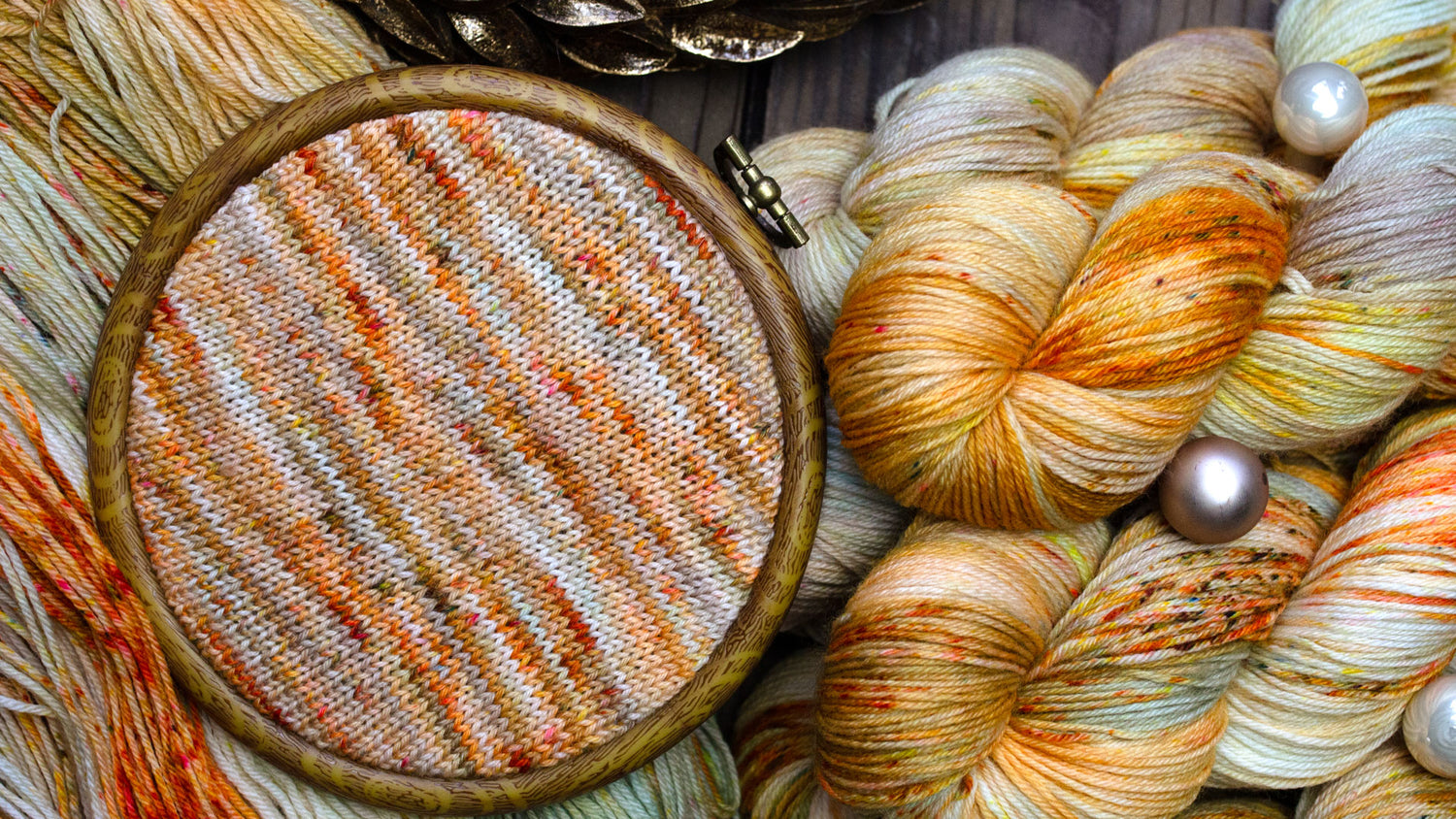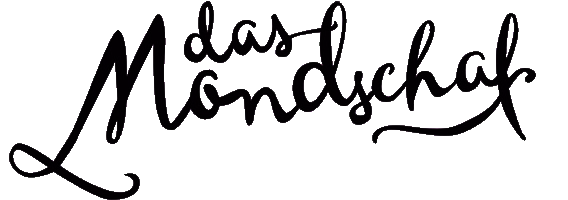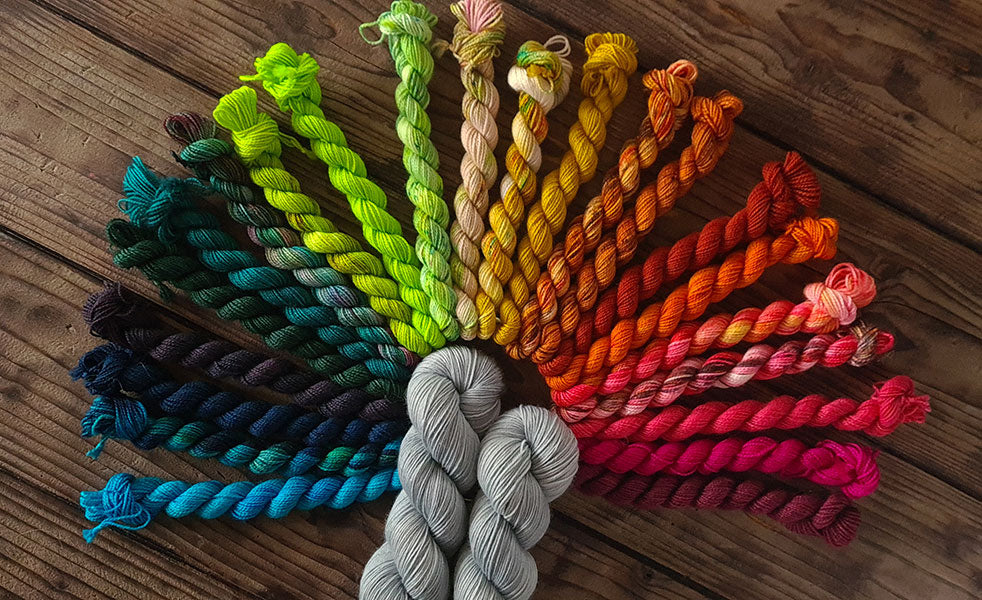Generally we recommend hand wash. Garments made from high-quality yarn
only needs to be washed once it's dirty so it's not even a lot of work.
The first wash after you finished your garment has to be done by hand so
you see if there's bleeding. If you don't like handwash at all you can
wash your garments in the washing mashine with the wool wash cycle
without any softener (!). You should also choose the lowest setting for
spin-drying.
We take great care of purchasing undyed yarn only from countries where there's no mulesing. So you can be sure that all our yarns are mulesing-free. Some of our suppliers visit the respective farms regularly to make sure the animals are treated well.
Just like with industrial products there are sometimes pigments of color that tend to bleed. Usually this is the case with red and black.
We take great care of setting the color long enough so there won't be any bleeding but we can't prevent that single grain from sticking to the yarn and bleeding during the first hand wash.
To be 100% sure there won't be any bleeding you take the yarn (which hasn't been wound to a ball yet) and put it into simmering water that contains quite some vinegar essence. Let it simmer for about half an hour and let it cool down. Then rinse the yarn and you should be good to knit it without any further bleeding. If you have a finished garment and aren't sure if it might bleed you just do the very same thing.
Four times a year you can buy our clubs. We're offering these clubs on different yarn bases and our spinning fibers. Starting the month after your order you will receive one or two (depending on the club) skeins of yarn each month that will be dyed according to a certain theme. These colorways are unique and won't be repeated.
We love it when retailers wish to carry our yarn so their customers can see the colors and feel the yarns in their LYS which makes it so much more personal than buying on the internet. Just drop us a line to info@das-mondschaf and we'll send you all the info.
Sure, you can. We've got a showroom area in our dye studio where you can see all the currently available yarns. As we don't have regular opening hours be sure to let us know by phone or e-mail when you'd like to visit. Twice a year we have an open house, we're posting that on social media and our newsletter well enough in advance.
We don't wind your yarns into balls because we couldn't take it back. If you decide you don't like the color you chose we can only refund non-wound skeins.
If you use hand-dyed yarn more frequently you should invest into a swift and a cheap ball-winder (you can find them for around € 15 on the internet).
Our dye studio is constructed for bigger amounts of yarn only as we dye in batches of 10 skeins normally. In a dye course you usually dye 2-3 skeins in different colorways and we just can't offer that.
If you google a bit you might find a dye workshop in your area? Sometimes there are dyeing workshops at yarn festivals, too.
We don't only want to offer the best quality yarns for you but also make sure our products are being produced environmentally friendly and sustainably. It starts with us using as little plastic as possible. We only use plastic bags for our spinning fibers because that way it's a lot better to store/hang/ship them. We're currently looking for
biodegradable packaging.
When dyeing we're using non-toxic Oekotex 100 certified pigments. The water we use for dyeing is being reused as often as possible. Our yarn base LIBRA is machine-washable without the toxic substances usually used for superwash treatment.
As we have to use the car whenever we're attending yarn festivals we're paying respective compensations and support climate projects. We're shipping your parcel carbon-neutrally. We're re-using as many cardboard boxes as possible.
All the yarns we offer are mulesing-free. Some of our suppliers regularly visit the animal farms to make sure the animals are treated well.
In the past decades German and generally European sheep have been bred rather for meat and milk than for wool. The wool quality of German sheep would be way too scratchy for the spoiled knitter. You can only make garments that you wouldn't wear next to the skin.
It's a bit different in the UK though. In the past years they emphasize traditional high quality sheep breeds. We're offering some of those wool qualities in our spining fibers, e.g. Cheviot and Bluefaced Leicester. Spinners and felters also love the BFL and Wensleydale locks for their shine and length.


